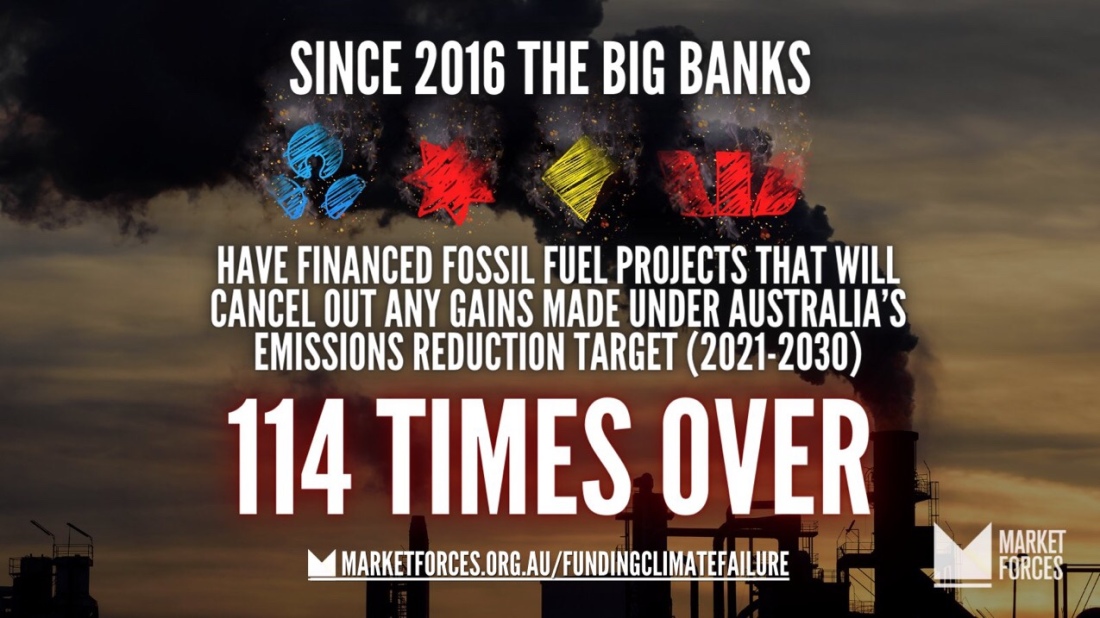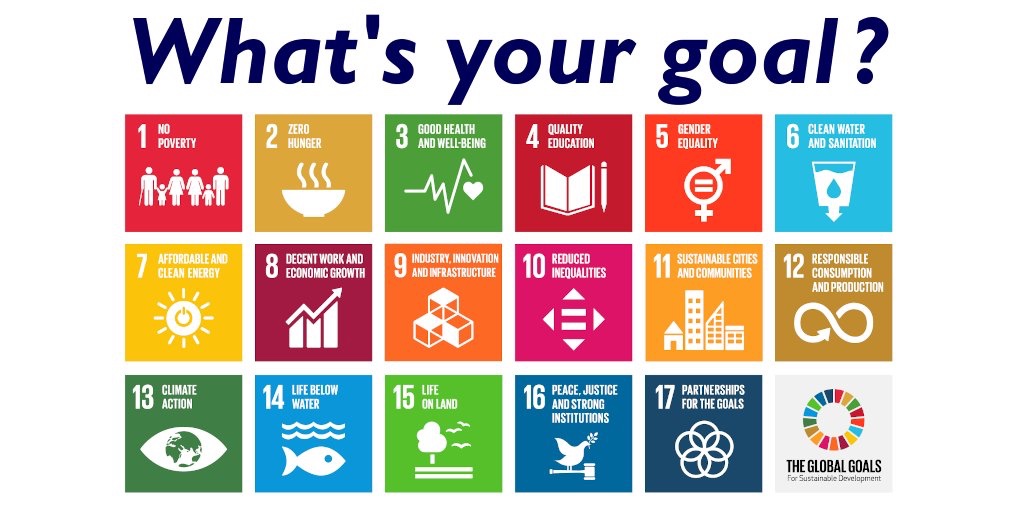Xi Jinping’s announcement before UN assembly avoids commitments on domestic generation.

China’s president Xi Jinping has pledged to end the financing of new coal power plants overseas, but stopped short of ending support for the fossil fuel at home.
The world’s largest emitter of greenhouse gases, China accounts for the majority of new coal projects around the world. Coal also comprises a majority of the country’s electricity mix.
Xi on Tuesday reiterated the country’s commitment to achieving carbon neutrality by 2060, as he spoke remotely at the opening meeting of the United Nations General Assembly in New York.


“China will step up support for other developing countries in developing green and low-carbon energy, and will not build new coal-fired power projects abroad,” he said.
Climate change experts had hoped that China would choose the UN General Assembly to step-up in the effort to limit global warming. It was at the 2020 UNGA that Xi made the unexpected announcement that China would aim for its CO2 emissions to peak by 2030 and achieve carbon neutrality before 2060.
The move at this years UN gathering of global leaders was hailed as significant, though experts stressed that China needed to also phase out the use of coal domestically.
Dozens of new coal-fired power and steel plants in China announced during the first half of 2021, if built, would alone add 150m tonnes in annual carbon dioxide emissions, according to Global Energy Monitor, a research group.
Annual global carbon emissions are estimated to run at about 32bn tonnes in 2021, according to the International Energy Agency.


“This is an important development, as China has been one of the biggest financiers of coal infrastructure in developing countries, particularly in Asia,” said Alden Meyer, senior associate at E3G, a climate advocacy group. But he said it was also “essential” that China stop building new coal fired power stations at home and move away from the fuel to meet its climate goals.
Countries around the world are under intense pressure to phase out coal, the dirtiest fossil fuel and a major contributor to global warming. In May, the International Energy Agency said no new coal facilities should be developed if the world is to reach net zero emissions by 2050, the goal required to limit global warming
Ending all support for coal has become a prime goal of the COP26 UN global climate summit in Glasgow in November.


UN secretary-general António Guterres said he “welcomed” China’s announcement, since “accelerating the global phase out of coal is the single most important step to keep the 1.5C goal of the Paris Agreement within reach.” But he added that the world still had “a long way to go to make COP26 a success.”
Scientists estimate that the world has already warmed by more than 1C since pre-industrial times.
Speaking earlier in the week, Guterres had said “several emerging economies” must “go the extra mile” in making ambitious pledges to limit their emissions. “We especially need leadership from all G20 countries,” which include coal-dependent China and India.
In July, the G20 was unable to agree on phasing out coal power and overseas coal financing. Alok Sharma, the COP26 president, said there had been no consensus among the G20 countries “to confine coal to history”.
Around $160bn of Chinese-backed coal fired power plants were planned outside China between 2014 and 2020, according to the Beijing-based International Institute of Green Finance. However, more than $88bn of those have been either shelved or cancelled, and only one of the 52 projects announced since 2014 has gone into operation, the think-tank said.
The shift was probably being driven by “increasing competitiveness for solar and windpower,” the research found.
Yet China remains reliant on coal domestically. In the first half of 2021, Chinese authorities approved the construction of 24 coal-fired domestic power plants, according to Greenpeace research — though that represented a year-on-year fall of nearly 80 per cent.


If all planned coal power plants become operational, the world would miss the goal of limiting warming to at least 1.5C and a maximum of 2C above pre-industrial levels under the Paris accord, Guterres said on Monday.
President Xi’s announcement represented “an important step by the world’s biggest provider of overseas coal finance,” said Simon Stiell, the environment minister of Grenada, where hurricanes and extreme storms are growing threat. “We look forward to seeing commensurate action domestically on coal.”
Kevin Gallagher, director of Boston University’s Global Development Policy Center, said China “deserves great praise” for the announcement, and urged the private sector to follow suit in ending it’s support for coal.
Also speaking at the UN meeting on Tuesday, US president Joe Biden promisedto double climate aid for developing countries, though the plan must be approved by the US Congress. The new sum would be around $11.4bn a year by 2024.
This would go towards an annual goal of $100bn set down by rich nations in 2009, with contributions reaching only $80bn by 2018, according to the UN.
— Read on www.ft.com/content/1c2d592e-2a63-4afd-bda4-69cb406c9d86



